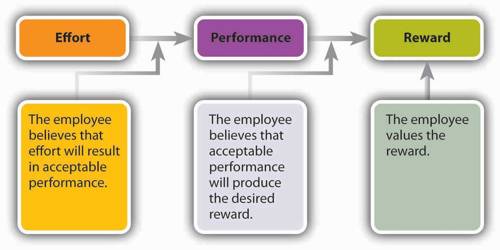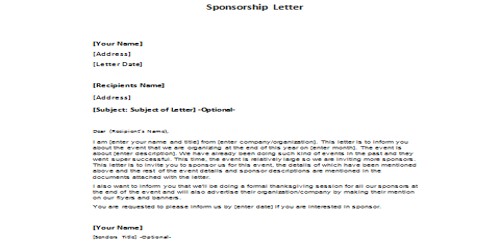The grievance may be any genuine or imaginary feeling of dissatisfaction or injustice which an employee experiences about his job and it’s nature, about the management policies and procedures. Employee grievance refers to the dissatisfaction of an employee with what he expects from the company and its management. It is the perception of unfair treatment on the job. There are many factors that make employees unhappy.
For instance, when an employee is not given promotion which is due to him or when work conditions are unsafe, grievances of an employee relating to these issues are based on facts. In other words, these grievances reflect the drawbacks in the implementation of the organizational policies.
Effects and Consequence of Employee Grievance
Employee grievance may be resulted either from management policies, or working conditions of the organization or personality traits of employees. These are the primary forces that give impetus to the emergence of grievance in the actual work floor. A firm can hardly operate without the influence of grievance. Hence, handling grievance through appropriate procedures plays a key role in the settlement of management’s mistakes and weakness. If grievances are handled with a proper care and attention, they will introduce positive changes in the organization, thereby enhancing organizational productivity and employee satisfaction.
But if the grievance is not managed properly, they will create some negative impacts. Such impacts reduce organization’s output as well as productivity. The negative consequences of employee grievance are:
- Reduced Productivity
- Absenteeism Problem
- Disobeying of orders
- Indisciplined behavior
- Reduced quality of work
- Reduced co-operation among the employees
- Discouragement in employees
- Disharmonious relation between management and employees
Therefore, a due consideration should be given towards the proper settlement of employee grievance instantly when they occur.
Effects of Grievance:
Grievances, if not identified and redressed, may adversely affect workers, managers, and the organization.
The effects are the following:
On the production:
- Low quality of production
- Low productivity
- Increase in the wastage of material, spoilage/leakage of machinery
- Increase in the cost of production per unit
On the employees:
- Increase in the rate of absenteeism and turnover
- Reduction in the level of commitment, sincerity, and punctuality
- Increase in the incidence of accidents
- Reduction in the level of employee morale.
On the managers:
- Strained superior-subordinate relations.
- Increase in the degree of supervision and control.
- Increase in indiscipline cases
- Increase in unrest and thereby machinery to maintain industrial peace
Information Source
















